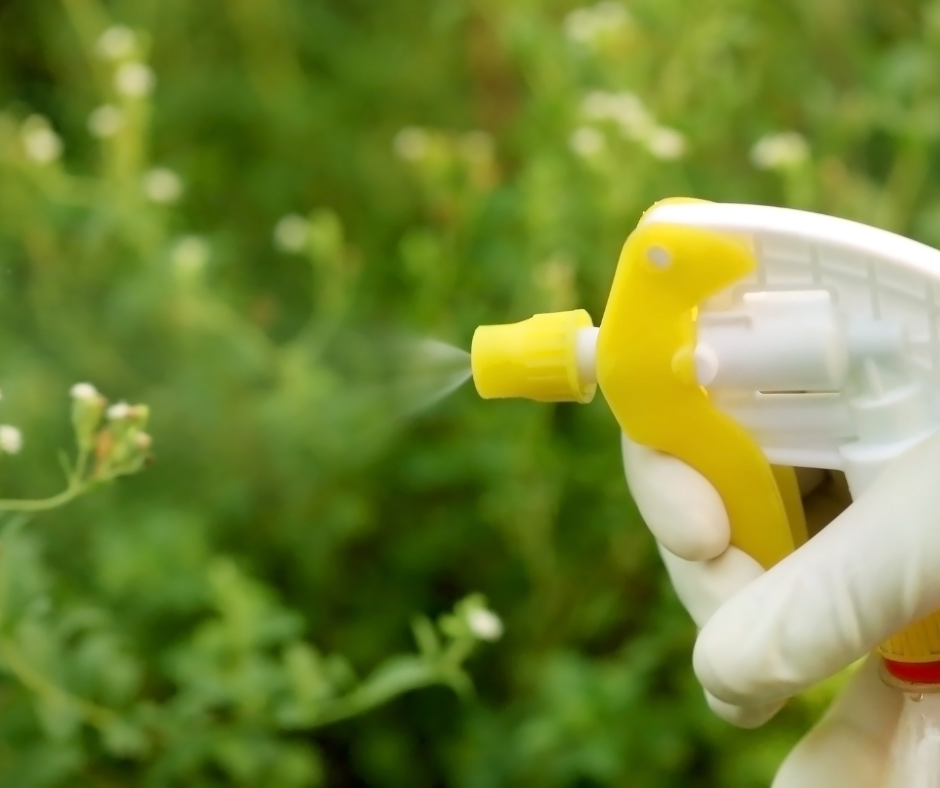Gardens are sanctuaries that bring us closer to nature, but they also attract an array of unwelcome visitors. Pests, from the sap-sucking aphid to the voracious slug, can wreak havoc on our verdant paradises. In this blog post, we're going to explore various methods to manage and mitigate the damage caused by common garden pests such as aphids, slugs, spider mites, billbugs, ticks, spiders, earwigs, flies, mosquitoes, and the destructive ash borer.
Identifying the Culprits
Before we jump into solutions, it's crucial to identify the pests that you're dealing with. Each pest has its own behavior patterns and effects on your garden:
Aphids: Small, soft-bodied insects that cluster on the undersides of leaves and stems.
Slugs: Slimy creatures that leave a trail of mucus and chew large, irregular-shaped holes in plants.
Spider Mites: Tiny arachnids that spin fine webs on plants and cause the leaves to discolor and die.
Billbugs: Beetle larvae that feed on grass roots, leading to patches of dead grass.
Ticks: Parasites that hide in tall grass and can be harmful to humans and pets.
Spiders: Beneficial predators that can sometimes become nuisances if they overpopulate.
Earwigs: Insects with pincers that feed on a variety of plant and animal matter.
Flies: Multiple species that can spread disease and pestilence.
Mosquitoes: Bloodsuckers known for their itchy bites and potential to carry diseases.
Ash Borer: A beetle that tunnels into ash trees, leading to tree death.
Natural Solutions

Promoting Beneficial Predators
Encouraging natural predators into your garden is a time-honored tradition for organic gardeners. Ladybugs feast on aphids, and birds eat a wide range of insects including earwigs and flies. Building a bird-friendly garden or releasing beneficial insects can have a significant impact on pest populations.
Barrier Methods
Physical barriers like copper tape can deter slugs, while floating row covers prevent many flying pests from reaching your plants. Keeping your garden tidy by clearing away debris can reduce areas where pests like to hide and breed.

Homemade and Natural Sprays
A soapy water spray can be effective against a range of pests, particularly aphids and spider mites. Neem oil is another natural alternative that controls many types of pests and is safe for beneficial insects when used correctly.

Companion Planting
Some plants can repel pests naturally. Marigolds, for example, are known to deter billbugs and other insects. Planting garlic and other strong-smelling herbs may help keep aphids and mosquitoes at bay.
Chemical Solutions
While natural methods are preferred for their environmental friendliness, there are cases where chemical solutions may be necessary, especially when dealing with a severe infestation or particularly destructive pests like the ash borer.
Insecticides
Chemical insecticides can offer immediate relief but use them as a last resort and always follow the
manufacturer's directions carefully. Selective insecticides that target specific pests are preferable to broad-spectrum chemicals to minimize the impact on beneficial insects.

Systemic Treatments
For pests like ash borers, systemic treatments that are absorbed by the tree can be effective. This method protects the tree from the inside out but requires careful handling and application.
The Role of Professional Pest Control
Sometimes, the expertise of a professional pest control service is needed, particularly for difficult-to-eliminate pests like ticks or extensive spider mite infestations.
Conclusion
Garden pests are a challenge, but with a combination of vigilance, natural methods, and strategic use of chemical products, you can protect your green space from these invasive intruders. Remember, the key to effective pest management is a balanced approach that focuses on maintaining a healthy garden ecosystem. By understanding the pests and options available, gardeners can make informed decisions that ensure their plants can thrive—and pests don't!
Remember to share your own successes and tips in the comments below! Happy gardening!


Comments